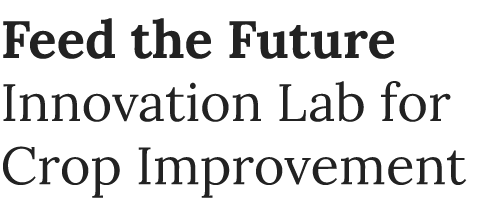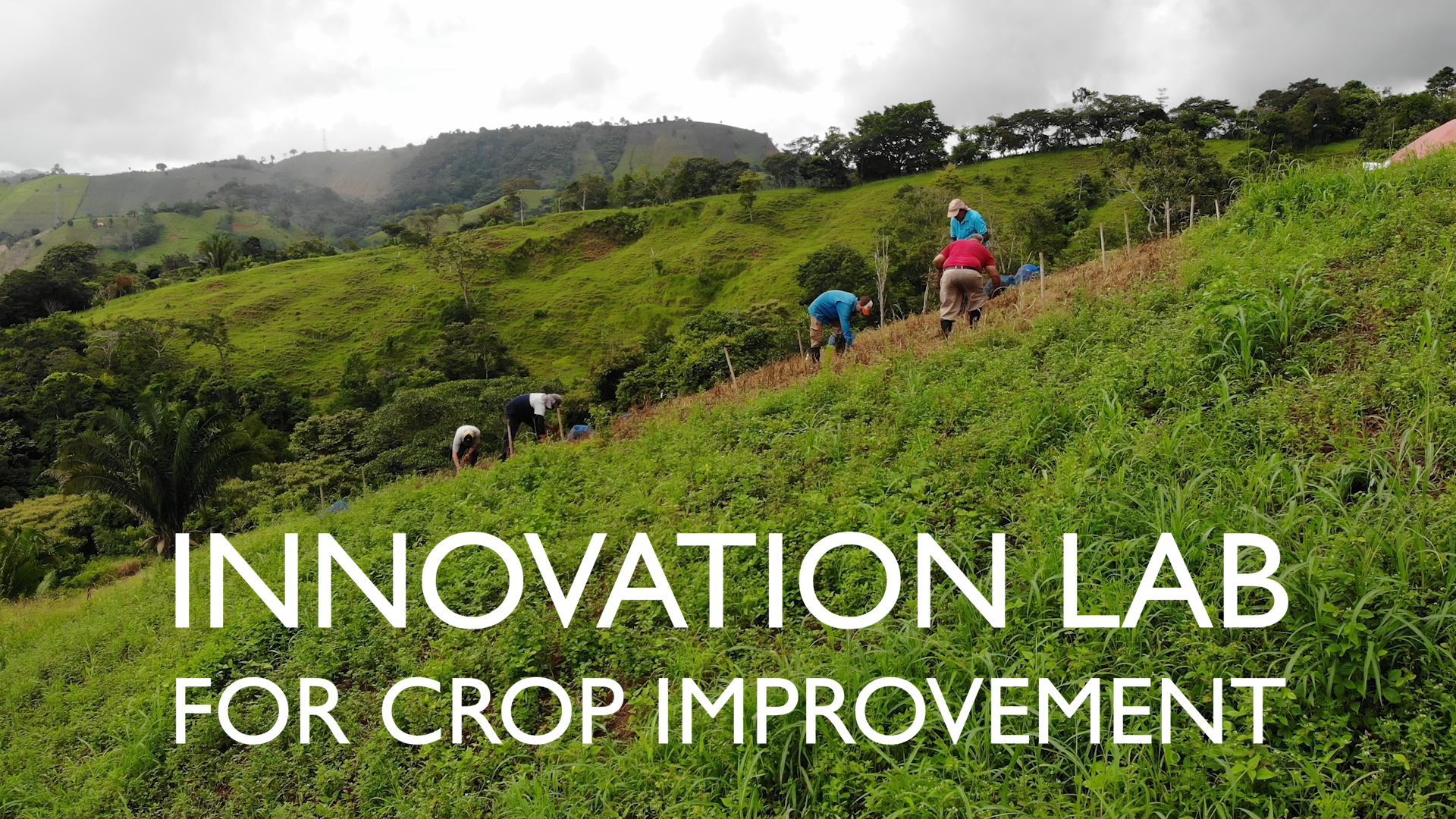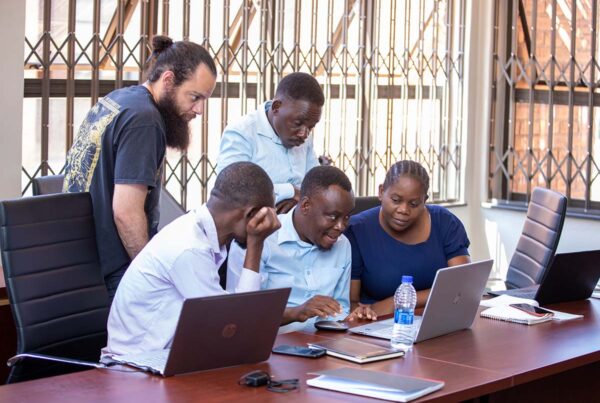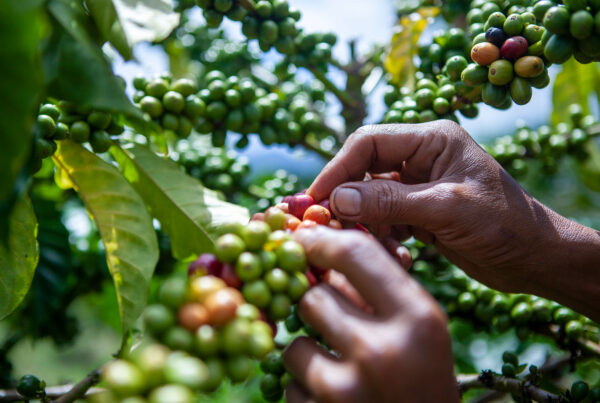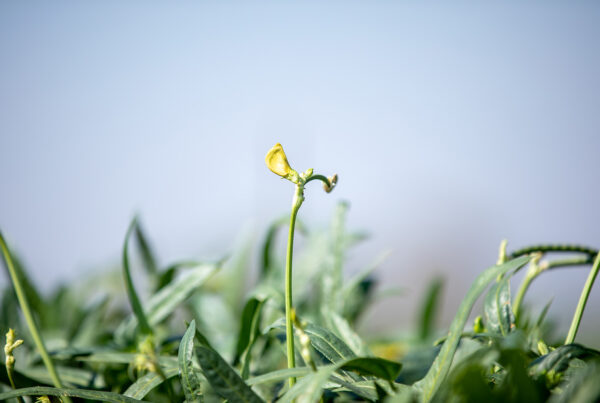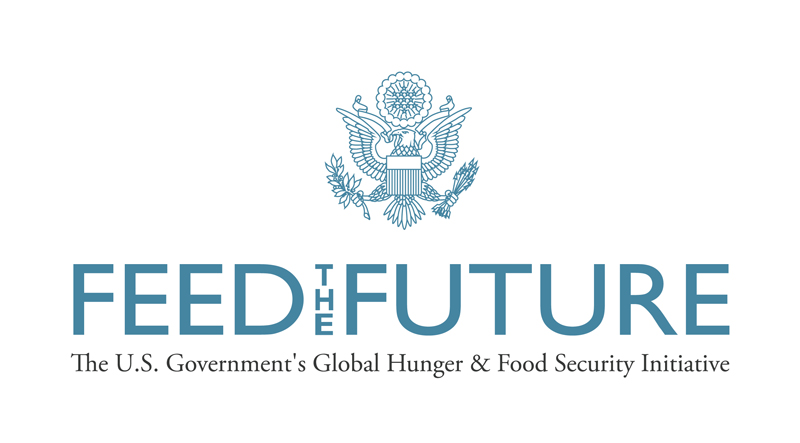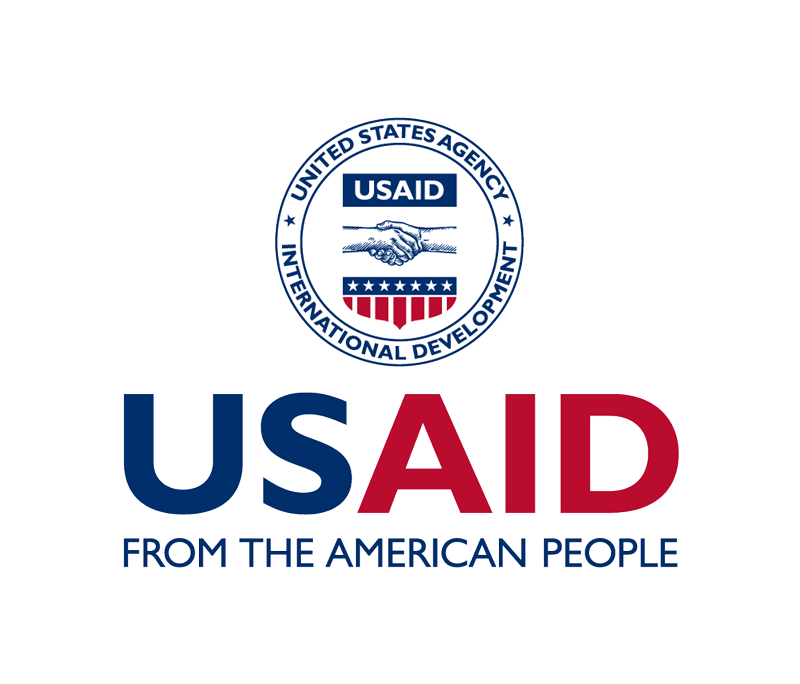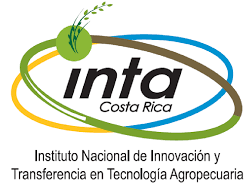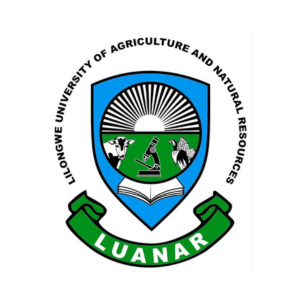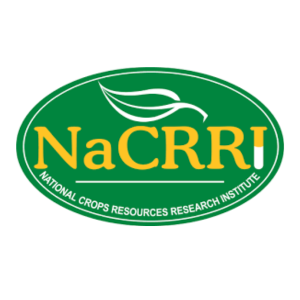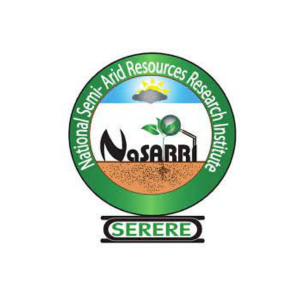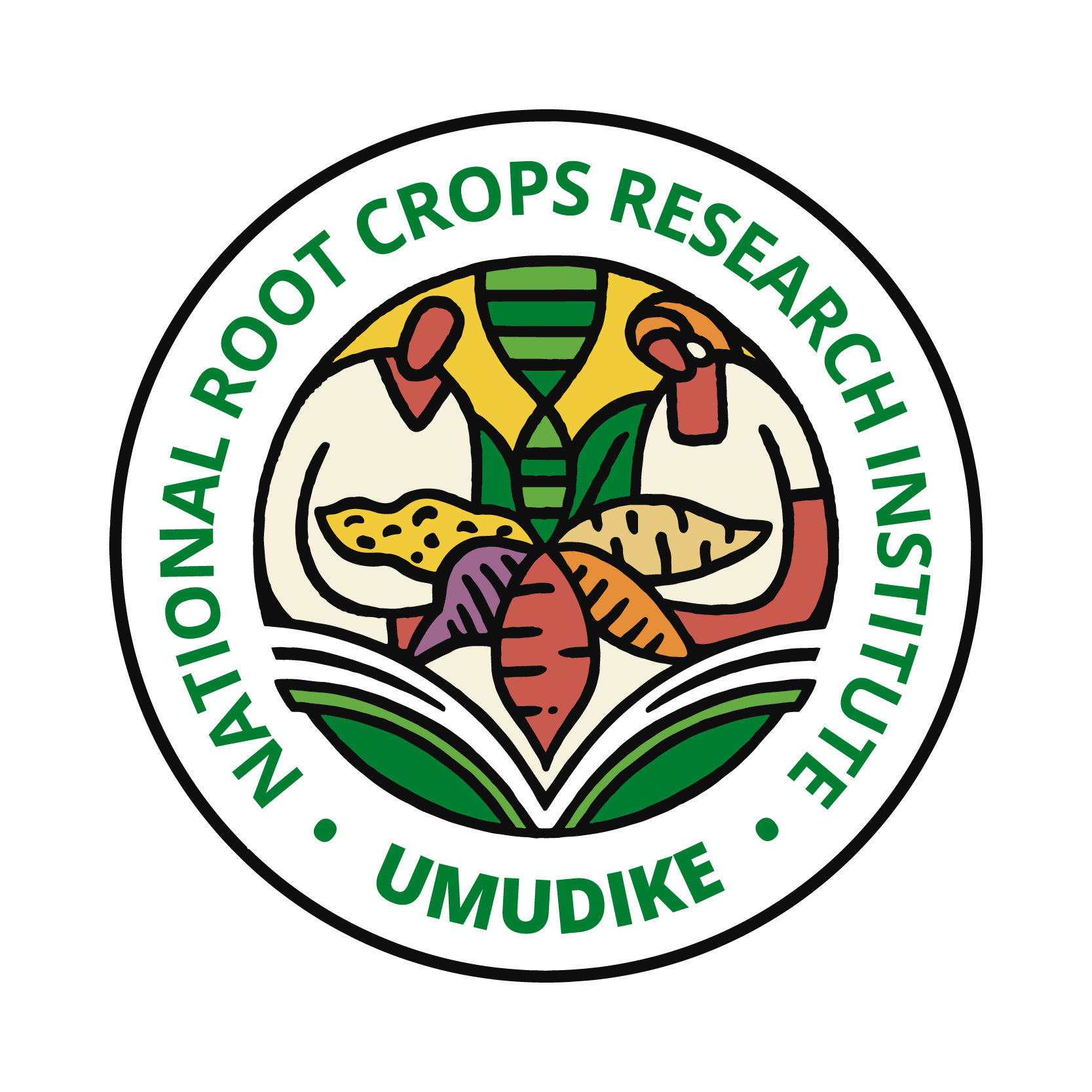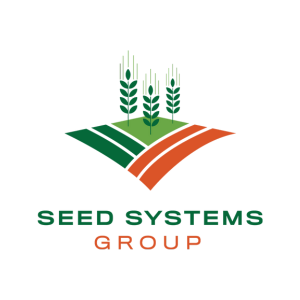We partner with scientists and stakeholders around the globe to co-develop tools, technologies, and methods in crop improvement that address local concerns and focus on building equitable community impact. Our aim is to listen to national agricultural research institutes as they define their own goals and drive advancement to breed resilient crop varieties that stand up to pests, diseases and climate change. We believe that if national programs play a central role in designing innovations that prioritize and target their unique needs then these solutions will be more sustainable in the long-term.


Featured news
Expanded USAID initiative fuels efforts to boost global crop resilience
The Feed the Future Innovation Lab for Crop Improvement has been awarded a second five-year, $25 million grant from the U.S. Agency for International Development (USAID) to continue advancing its mission of improving global food security and agricultural resilience. This renewed funding will enable ILCI to strengthen its interdisciplinary efforts to support demand-driven, socially responsive crop improvement programs in key regions around the world.
Our global network
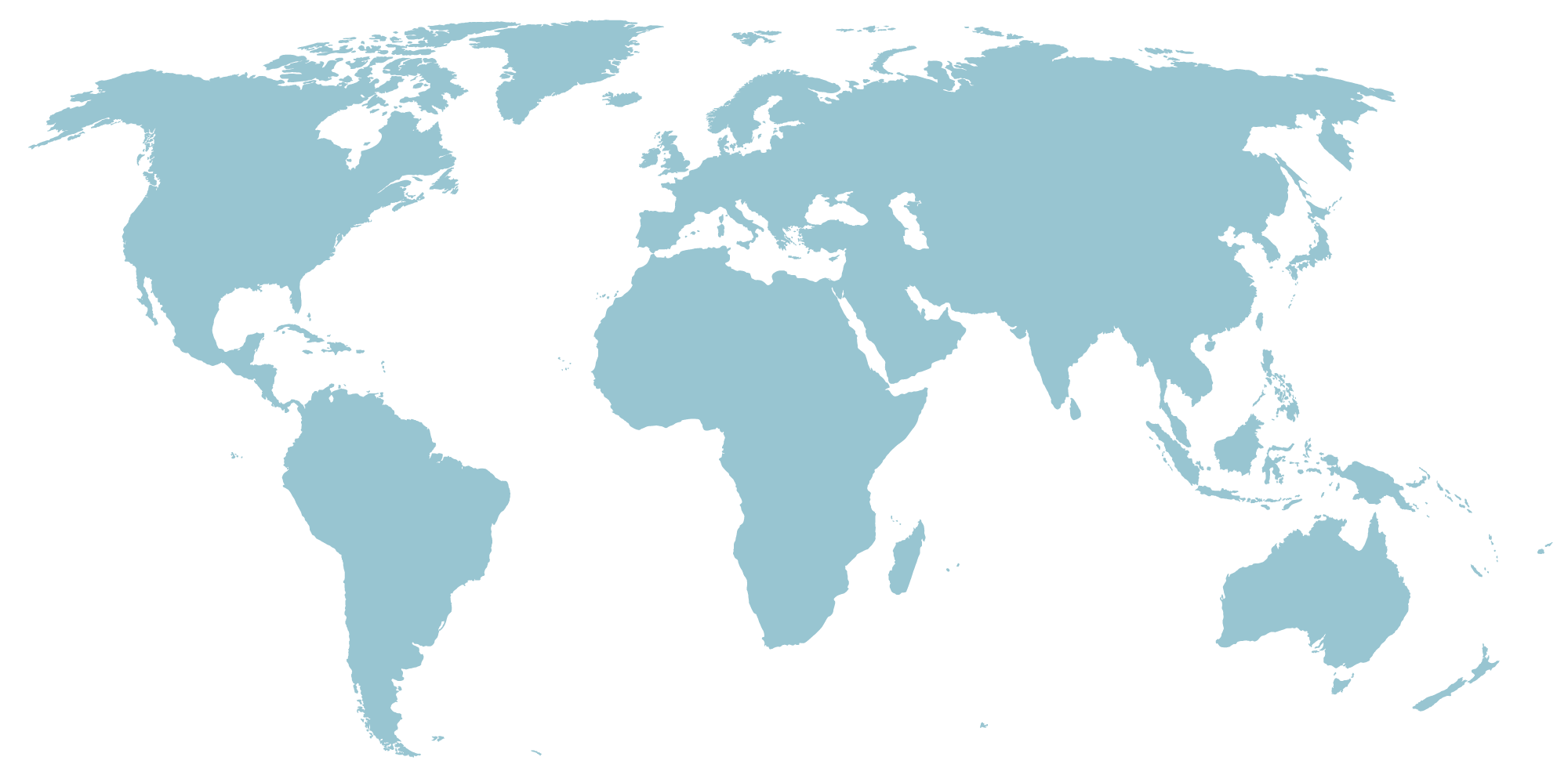
Uganda
Host: East African Center of Innovation for Finger Millet and Sorghum (CIFMS) led by the National Semi arid Resources Research Institute (NaSARRI)
Haiti
Host: Central American and Caribbean Crop Improvement Alliance (CACCIA) co-led by Quisqueya University
Nepal
Quick Win: Breeding pulse crops towards protein biofortification with the Nepal Agricultural Research Institute
Senegal
Host: Crop Innovation in West Africa (CIWA) led by the Institut Sénégalais de Recherches Agricoles (ISRA)
Costa Rica
Host: Central American and Caribbean Crop Improvement Alliance (CACCIA) co-led by the Instituto Nacional de Innovación y Transferencia en Tecnología Agropecuaria (INTA)
Malawi
Host: Center of Innovation for Crop Improvement for East and Southern Africa (CICI-ESA) led by Lilongwe University of Agriculture and Natural Resources (LUANAR)
Nigeria
Quick Win: Identification of QTL/genes associated with resistance to Taro Leaf Blight (TLB) and yield quality in Colocasia esculenta in biparental mapping population with the National Root Crops Research Institute (NRCRI)
Tanzania
Partner country: Center of Innovation for Crop Improvement for East and Southern Africa (CICI-ESA) and the East African Center of Innovation for Finger Millet and Sorghum (CIFMS) in collaboration with the Tanzania Agriculture Research Institute (TARI)
Mozambique
Partner country: Center of Innovation for Crop Improvement for East and Southern Africa (CICI-ESA) in collaboration with the Instituto de Investigação Agrária de Moçambique (IIAM)
Burkina Faso
Partner country: Crop Innovation in West Africa (CIWA) in collaboration with the Institut de l’Environnement et de Recherches Agricoles (INERA)
Niger
Partner country: Crop Innovation in West Africa (CIWA) in collaboration with the Institut National de la Recherche Agronomique du Niger (INRAN)
Kenya
Partner country: East African Center of Innovation for Finger Millet and Sorghum (CIFMS) in collaboration with the Kenya Agricultural and Livestock Research Organization
Cornell University
ILCI headquarters and objective area partners: breeding informatics, cross-cutting themes, genomics, institutional capacity and priority setting
Cultural Practice, LLC
Objective area partner: Cross-cutting themes
RTI International
Monitoring, Learning and Evaluation
Colorado State University
Expertise: Trait discovery
Kansas State University
Expertise: Phenomics
Clemson University
Expertise: Phenomics
Texas A&M
Tufts University
University of Texas at Austin
Centers of Innovation for Crop Improvement
Led by National Agricultural Research Institutes in each country, these centers act as regional hubs to drive tools, technologies and methods that target crops that are essential for food security
Recent highlights
Sign up for our newsletter.
Stay up to date on the Feed the Future Innovation Lab for Crop Improvement’s announcements, project updates and events.
